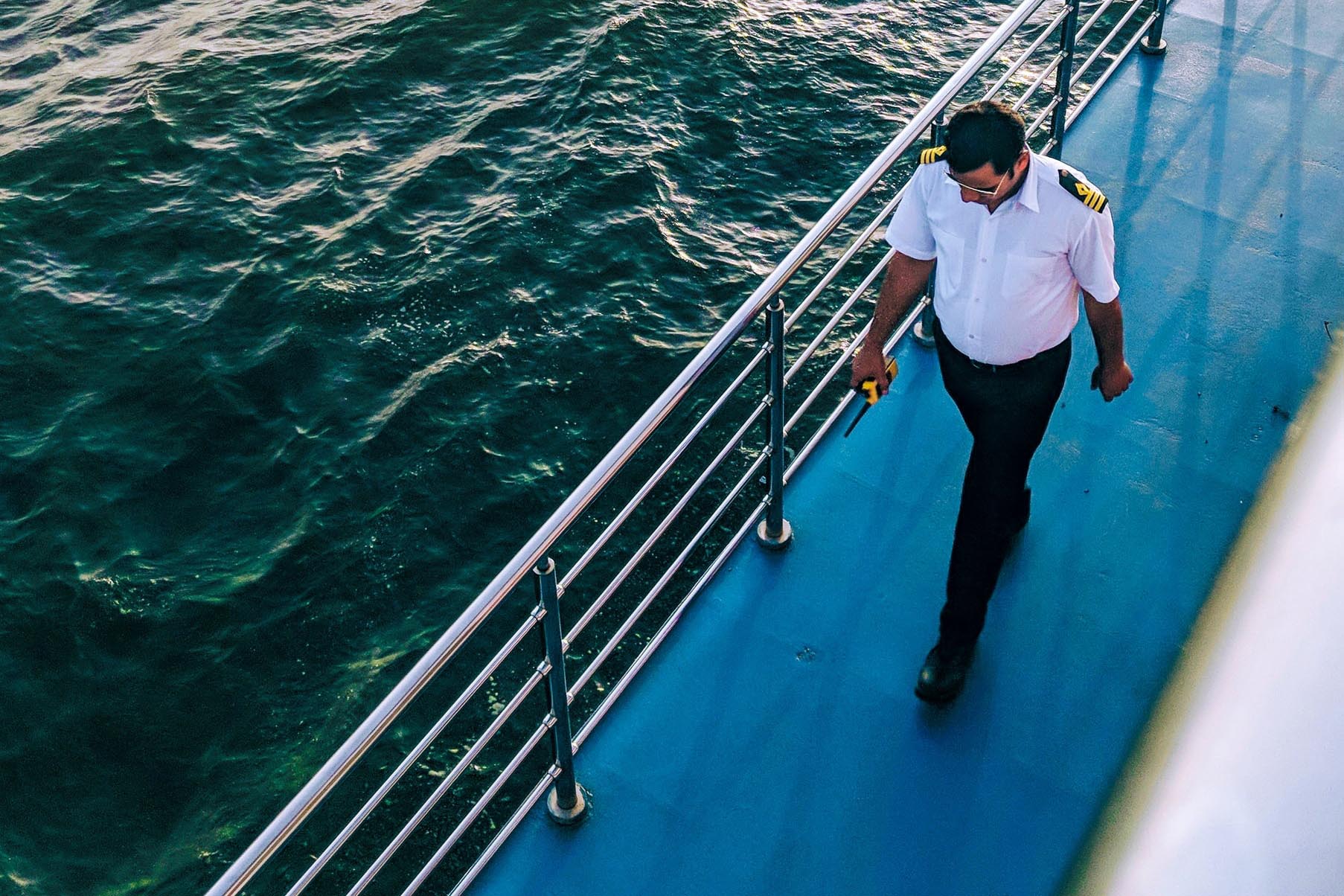By Rafael Ageo
The work of a seafarer is described – according to the International Maritime Health Association (IMHA) – as one of the most physically demanding and high-risk professions that exist. “Health” is defined by the World Health Organisation (WHO) as “a state of complete physical, mental, and social well-being and not merely the absence of disease or illness. There is no health without mental health”.
The objective of this paper is to look at the challenges of life at sea and to grasp how much enhanced health and wellbeing can lead to better and happier lives, safety, and even enhanced protection of the environment.
As we all know, the pandemic has severely impacted general wellbeing and caused chronic fatigue of seafarers, mainly due to:
- Prolonged time on-board: during the pandemic crew changes were much delayed or cancelled leaving seafarers to extend their time on-board for months.
- Bigger workload and overtime – frequently Covid infections of fellow crew members meant, more work for seafarers remaining on the job
- Employment & family concerns. These issues include how, seafarers were hesitant in respect of salary payments, future employment openings as well as their family’s situation probably to being unable to provide them with resources.
So, what are the underlying issues and how can conditions on board noticeably be improved?
Social and emotional
Crew face many challenges both socially and emotionally. This is mainly due to the fact that long time away is spent from families and friends whilst working long and hard hours at sea. Furthermore, as time passes, the automation of ships has allowed the shipping industry to employ less crew from different cultural and religious backgrounds which at the end of the day affects communication. This has caused the increase of individual loneliness and could lead to mental instability. In order to tackle this, simple social/leisure events should be organized on-board such as game nights or team building activities which could improve relationships and communication practices. Such events can reduce psychological stress, fatigue, and reduce the risk of hostile environments.
Physical
It is very crucial that seafarers maintain good health. Proper nutrition, along with a good exercise schedule improves a seafarer’s satisfaction and wellbeing. As an example, some external companies have set up international catering services for the shipping industry. These include catering as well as training programmes to cooks and chefs on-board leading to better nutrition and quality which at the same time, enriches the knowledge and practical abilities of the on-board catering personnel and increases cooking efficiency (time and cost Management). Finally, and in relation to fatigue and possible chronic fatigue situations, good rest, and regular exercise routines or activities, should be included in the seafarer’s day-to-day plan.
Intellectual and spiritual needs
It is scientifically proven that intellectual and mental stimulation activities such as reading, painting or even listening to music improves crewmembers’ mental stability.
Given that seafarers act as a cohesive unit, it does make sense that addressing and improving seafarer wellness needs a holistic approach. Seafarers need the best possible living conditions at sea to ensure their best performance for the safety and operation of the vessel they sail on.
Naturally, this is easier said than done however, this very approach can only be a win-win for Crew, Crew Managers and Shipowners alike because it not only leads to healthier and happier lives but also much enhances the safety of the vessel and with it the safekeeping of the environment.
Read More >> Download PDF

